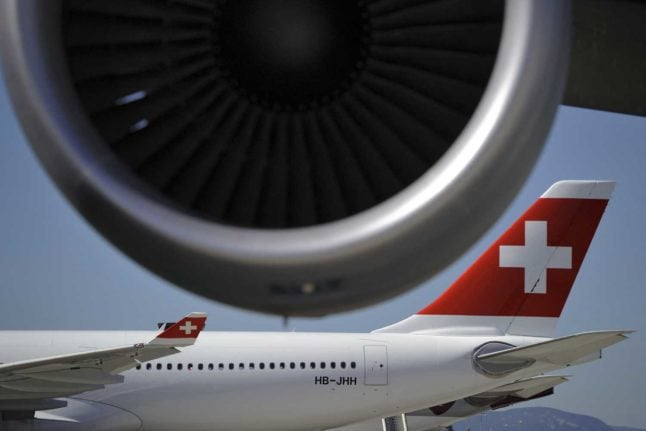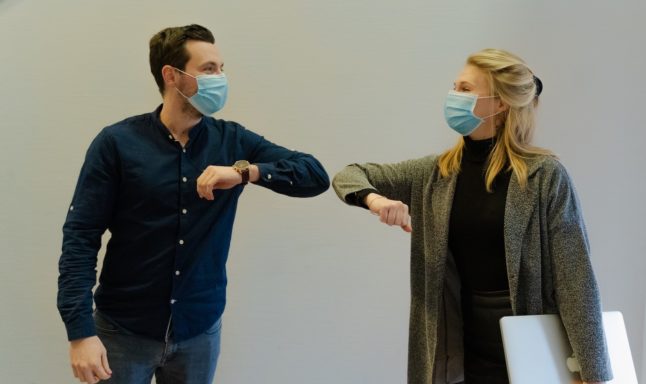Switzerland will tighten Covid measures amid a worsening situation in the country, the government announced on Friday afternoon.
The measures will apply from Monday, December 20th.
Among the measures, which include stricter rules for bars and restaurants, nightclubs, discos and private events, is a relaxation of the current rules relating to arrivals in the country.
From December 20th, the entry rules will be relaxed, whereby people only need to show one test on entry (either PCR or antigen).
The PCR test can be up to 72 hours old, the antigen test must be less than 24 hours old.
READ MORE: Switzerland announces new Covid measures
The current rules (i.e. before the announcement) mandated that a PCR test must be shown.
The rule whereby arrivals must show another test 4-7 days after arriving will be relaxed for vaccinated and recovered people.
The measures are in place until at least January 24th, 2022, although as has been the case previously, they are subject to extension should the Covid situation warrant it.
Highest ever ICU utilisation
As of Monday, Switzerland had at least 300 Covid patients in intensive care, which it sees as a critical development
. “This figure will increase to 350 or 400 by the end of the year,” the statement said.
More than 66 percent of Switzerland’s population of 8.6 million has been vaccinated, with Pfizer and Moderna jabs authorised for use in the country.
Click here for the official statement from the federal government.



 Please whitelist us to continue reading.
Please whitelist us to continue reading.
Member comments